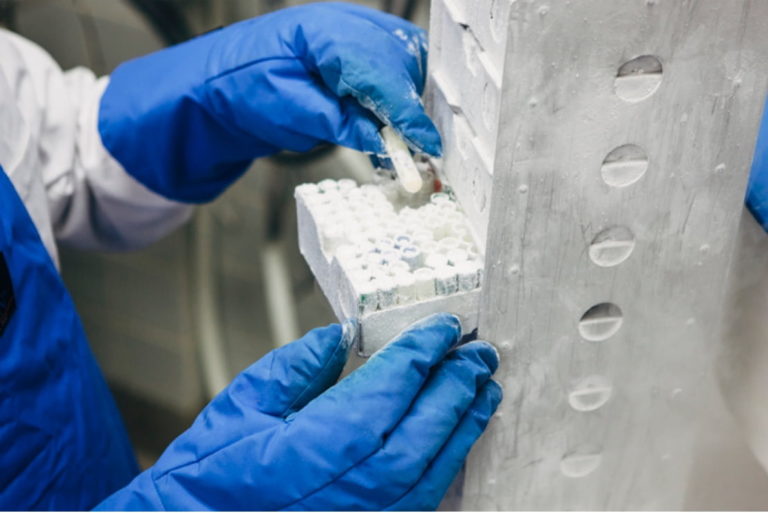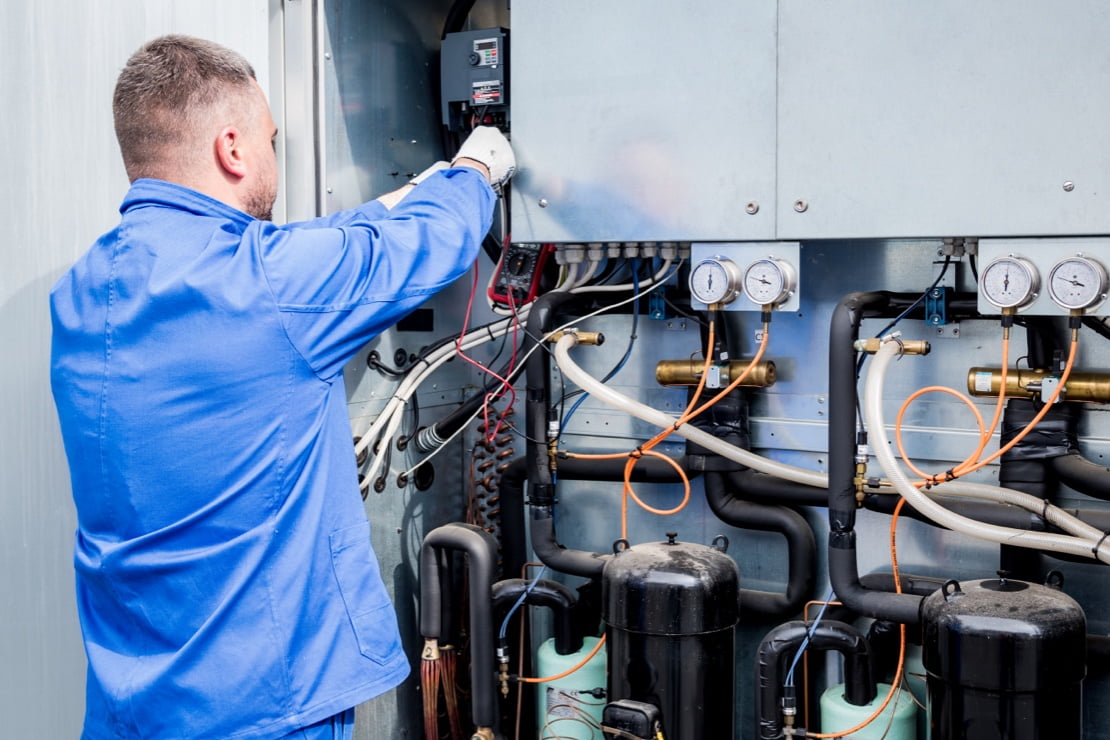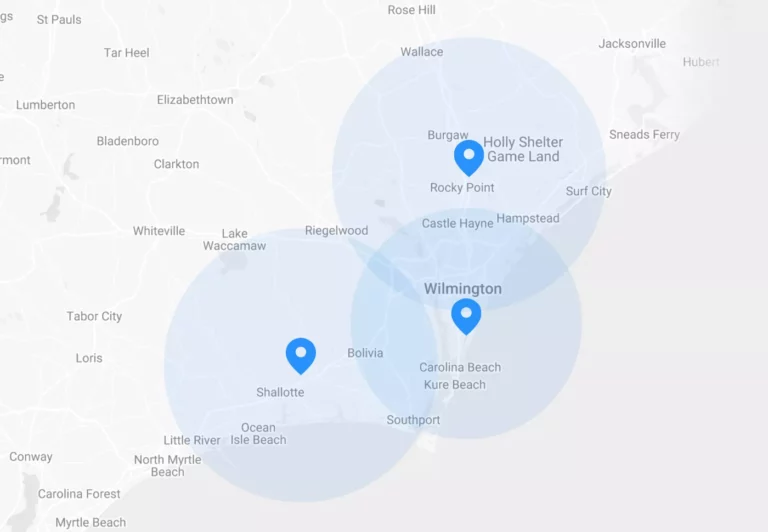Scientific refrigeration equipment is essential for medical and research laboratories to conduct daily experiments and tasks. Therefore it’s vital to have a team to help keep your scientific refrigeration equipment running smoothly all year round. Our technicians at ThermalTran™ are able to provide comprehensive scientific refrigeration repair according to factory specifications, ensuring that your equipment is fixed correctly. We understand the importance of time in a laboratory, therefore we will work with you to ensure that your equipment’s downtime is kept to a minimum.






